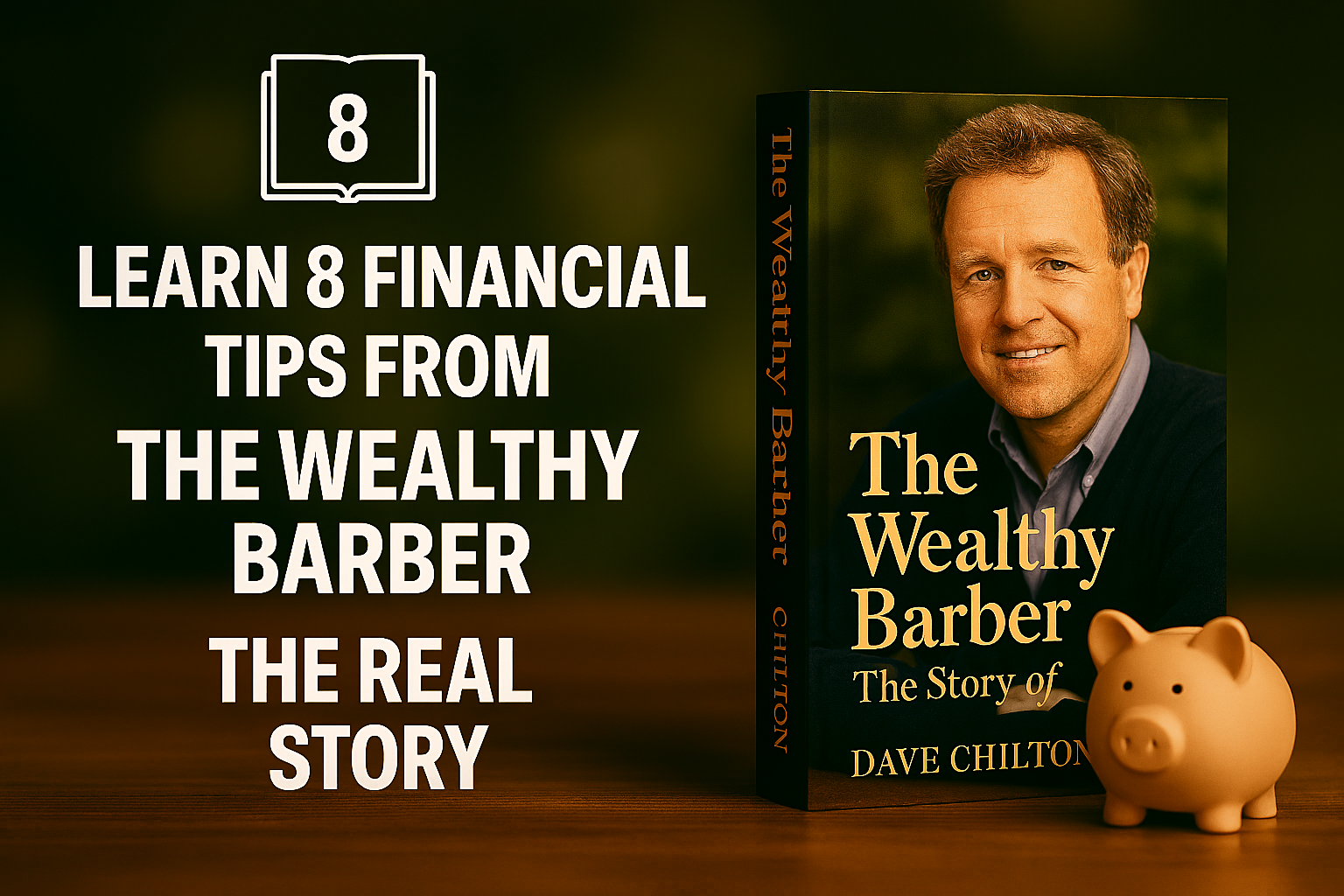.png)
One of those financial instruments that can simultaneously offer you freedom and risk is a credit card. While some people use credit cards responsibly and raise their credit scores above 750, others utilize the same plastic to go into debt traps.
The truth is that a credit card is your financial passport, even if you've always assumed it's only for shopping. It affects how much interest you pay on loans, whether you are eligible for a mortgage, and even how prospective employers perceive you. The true query is: how can you use it to improve your score without making things more stressful? Let's investigate further.
First of all, realize that you do not receive free money from a credit card. People make the biggest error when they begin to view credit as "extra income." For instance, let's say your credit card limit is $5,000 and your monthly income is $3,000. You are creating a lifestyle on borrowed funds if you begin to spend more than your income. You either pay the minimum amount due when it's time to repay, which sets you up for trouble, or you carry forward the remaining amount with exorbitant interest Your credit score is subtly lowered by this one habit.
Real-World Example: Sarah, a 27-year-old New York nurse, overused her card for shopping and trips. Her amount increased from $2,000 to $8,000 in just 18 months by making simply the minimal payment each month. Because she handled her credit card like bonus money, her credit score fell from 720 to 590.
If you are careless for a single day, it might ruin your finances for years. Setting up autopay for the minimal amount and then manually paying the remaining balance is the best course of action. In this manner, you avoid juggling everything at once and spread out payments over the month.
Real-World Example: James, a California college student, neglected to remember the due date and thus missed a $40 payment. His student loan approval was delayed by that one error, which also caused his score to plummet by fifty points. He missed out on opportunities he was striving for because of one minor act of carelessness.
The amount of credit you're utilizing in relation to your entire limit is known as your credit usage ratio. Experts in finance advise maintaining this ratio below 30%, preferably near 10%. Many people make the error of believing that "as long as I'm under my limit, I'm fine." Lenders, however, have a different perspective. Your score drops as a result, and your perceived reliability declines.
Case Study: Maria, a Texas single mother, thought that keeping her card balance inside the maximum was sufficient, therefore she routinely maxed it out. However, her credit score remained in the "fair" range with 90% utilization. Higher rates for personal and auto loans resulted from this. In just six months, her score increased by 80 points when she reduced her utilization to 25%.
The minimal payment due is a tempting option that appears on credit card statements every time. Although it seems good, it's actually the start of a debt trap. The majority of your money is used for interest rather than to lower the real balance when you merely pay the minimum. It may take 15 to 20 years to pay off a $5,000 loan if the borrower merely makes the minimum payment each month. A large outstanding balance, on the other hand, indicates to lenders that you are experiencing financial strain, which lowers your credit score even more.
For instance, Michael, a young Chicago professional, held a $4,500 amount and continued to make only the bare minimum payments. Interest costs caused his total to reach $7,000 in just two years. When he attempted to rent an apartment, the landlord turned down his application after his score fell to 650.
In actuality, having several cards can raise your credit score if you use them sensibly. Why? Higher combined credit limits make you appear less hazardous to lenders by lowering your overall use ratio. People run the risk of losing control and swiping cards without keeping track of balances. The general rule is straightforward: two to three cards are optimal. Keep one for emergencies, one for daily expenses, and one as a backup. This helps you get a better credit history and maintains control over your spending.
Case Study: Emily, a Seattle-based marketing executive, only used one card. Her usage rate was approximately 60%. Her score increased from 710 to 770 in just one year.
Many people close old cards because they believe they are unneeded, unintentionally hurting their score. Unbeknownst to them, canceling previous accounts reduces their average history, which in turn decreases their score.
For instance, Robert, a 40-year-old Florida engineer, closed his 12-year-old card because he believed it was useless. His mortgage lender instantly gave him a higher interest rate when his score fell by 35 points.
A hard inquiry is made each time you apply for a new credit card, which might result in a 5–10 point decline in your score. Hard queries remain visible for one year and count against you for two, while soft inquiries—such as verifying your own score—do not matter. Therefore, don't apply at random. Rather, do your homework, evaluate offers, and just apply for the card that best suits your needs.
Real-World Example: In less than six months, Daniel, a Nevada freelancer, applied for five cards. His score fell from 680 to 640 after all were rejected. His prospects of being approved were further diminished by his repeated applications, which gave the impression that he was financially unstable.
Points, perks, and cashback aren't the true goals of a credit card. Treating your credit card as a stepping stone is part of having a growth attitude. A high credit score now can lead to future low-interest mortgages, cheaper auto loans, and even lower insurance rates. Each swipe ought to be a deliberate choice rather than an impulsive purchase. You will begin to handle it with discipline once you understand that this tiny piece of plastic can define your financial independence.
It's Your Turn now
A high credit score is the foundation of your financial well-being, regardless of your status as a student, working professional, or retiree. You now have the elements of the puzzle: queries, previous accounts, various cards, payment history, and utilization. They safeguard your future and preserve your score when properly handled. It is up to you to decide whether your credit card will be a liability or an effective instrument. Your everyday decisions hold the secret.

Imagine this While enjoying coffee at a café, your twenty-five-year-old acquaintance remarks ...
 Tajib Ali
Tajib Ali
Your twenties are a time of freedom. You fantasize of creating the finest life possible after ...
 Tajib Ali
Tajib Ali
Imagine waking up in the morning, brewing a cup of coffee, checking your phone, and seeing that your...
 Tajib Ali
Tajib Ali.png)
We frequently hear financial advice and assume that saving money is merely a habit that takes time a...
 Tajib Ali
Tajib Ali.png)
Have you ever wondered how the most important financial choices are made in the world? Michael Lew...
 Tajib Ali
Tajib Ali.png)
However, the majority believe his tactics are exclusive to Wall Street gurus or billionaires. ...
 Tajib Ali
Tajib Ali.png)
Imagine, brothers and sisters, that you have earned a college degree and are free of student loan de...
 Tajib Ali
Tajib Ali
Ever wonder why some people, despite having ordinary salaries, manage to build long-term financial s...
 Tajib Ali
Tajib Ali
Imagine this: Your graduation cap has just been thrown into the air. Your degree is your...
 Tajib Ali
Tajib Ali
Comments (0)
Leave a Comment